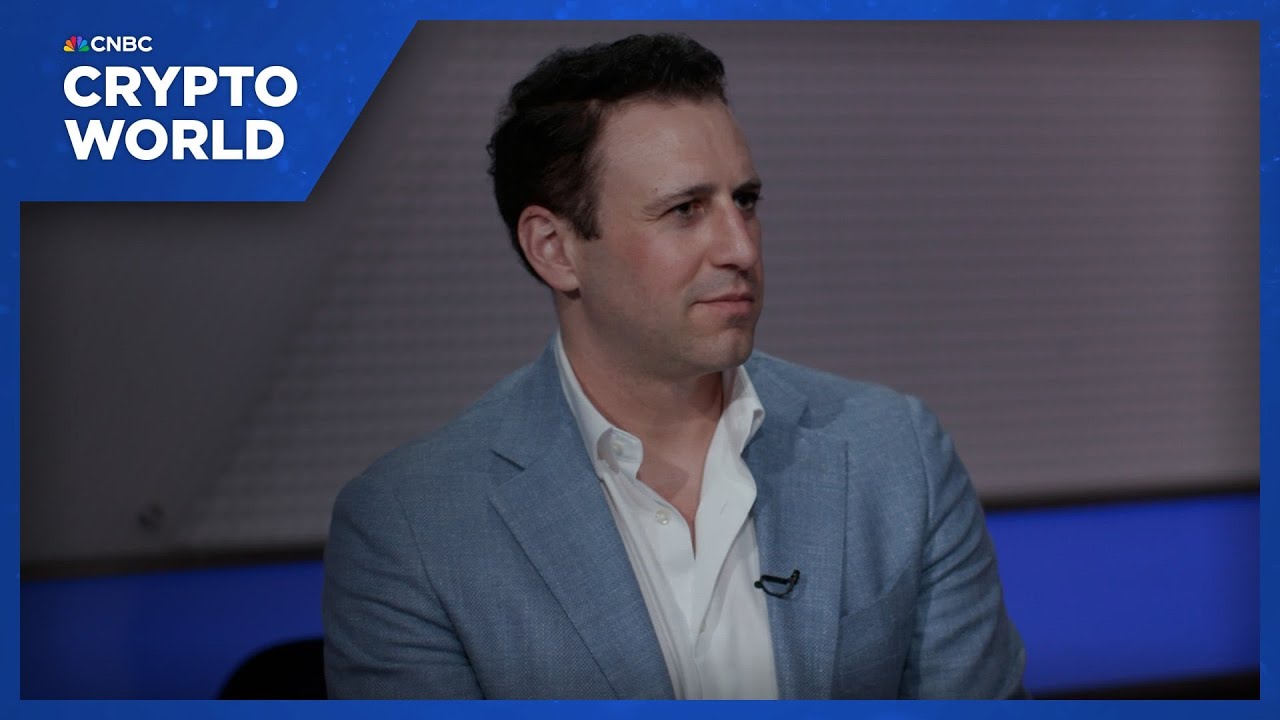Core Scientific CEO Adam Sullivan discussed the company’s strategic shift from Bitcoin mining to embracing AI and high-performance computing, highlighting partnerships and the growing demand in the data center market. He also addressed the company’s recent bankruptcy, the importance of energy policy for industry growth, and expressed optimism about the future of both AI and Bitcoin mining despite current market challenges.
In a recent interview, Core Scientific CEO Adam Sullivan discussed the company’s strategic shift from being primarily a Bitcoin mining operation to embracing artificial intelligence (AI) and high-performance computing (HPC) clients. Sullivan highlighted that this transition has been part of the company’s vision since its founding in 2017, as their facilities were designed for multi-use applications. He noted that many Bitcoin miners are diversifying into AI and HPC due to the growing demand in the data center market, which is experiencing unprecedented growth.
Sullivan elaborated on the company’s significant partnership with CoreWeave, a firm backed by Nvidia, and mentioned that major tech companies like Microsoft, Amazon, and Google are investing heavily in GPU cloud services for AI. He emphasized that Core Scientific is positioning itself as a digital infrastructure company, leveraging its existing capabilities in Bitcoin mining to expand into the HPC market. This transition is seen as a natural evolution for the company, allowing it to tap into new revenue streams.
The CEO also addressed the company’s recent bankruptcy and his role in navigating the company through this challenging period since joining in April 2023. He outlined the immediate goals for Core Scientific, which include acquiring new sites and diversifying its client base to ensure sustainable growth in the evolving market landscape. Sullivan expressed optimism about the company’s ability to adapt and thrive in the data center industry, particularly as it seeks to become one of the largest players in North America.
Sullivan discussed the broader implications of energy policy on the industry, mentioning his conversations with political figures, including Donald Trump. He noted that both major political parties are focusing on energy generation and AI leadership, which could create favorable conditions for the industry. Sullivan believes that a supportive energy policy will be crucial for the growth of both AI and Bitcoin mining sectors, as they both require significant electricity resources.
Finally, Sullivan addressed the current state of the Bitcoin mining industry, acknowledging the challenges posed by high network hash rates and declining profitability. He indicated that while the industry may face consolidation, it remains vital for miners to survive through market cycles. Sullivan expressed hope for a future price increase in Bitcoin, despite current market conditions not aligning with historical trends following halving events. He remains optimistic about the potential for recovery and growth in the sector.
